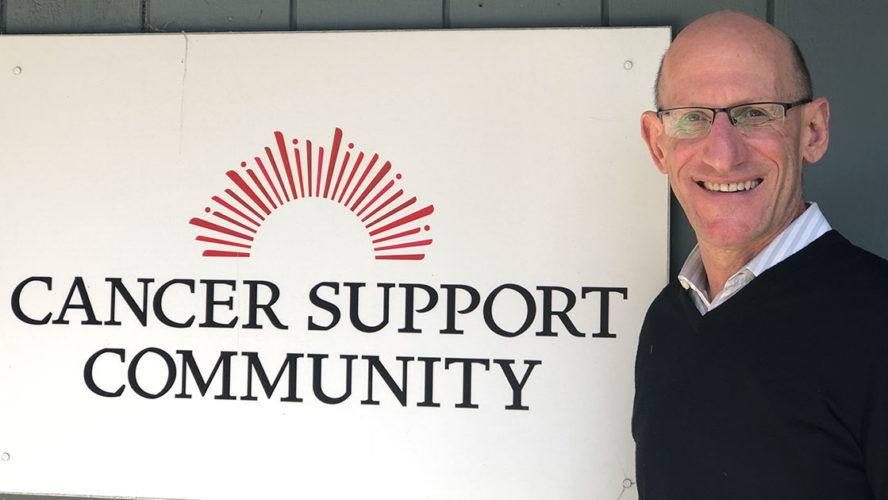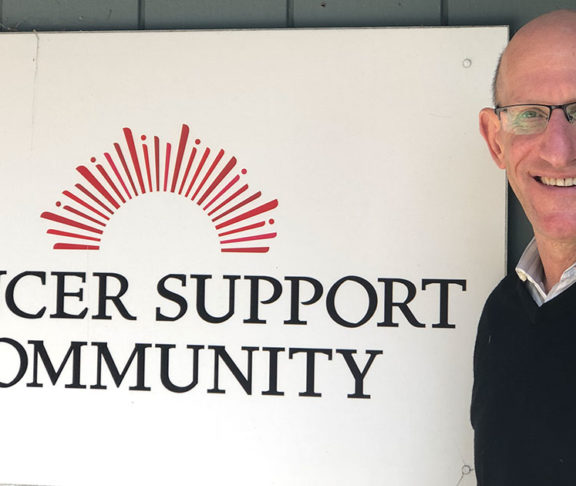Each year, more than 250,000 men will hear the words “you have prostate cancer,” making it the most common cancer in men after skin cancer. While treatment options are the main topic of conversation, the mental health impact of the diagnosis and its effect on health outcomes is generally overlooked.
When we think about treating prostate cancer, most people think of surgery, chemotherapy, or radiation. What is often not addressed is how to also treat a prostate cancer patient’s mental health so they can have the highest quality of life to help them cope both during and after their treatment. It is very common for men to experience increased anxiety and depression, remorse about their treatment decision, fear regarding follow-up PSA tests, and the possibility of a recurrence as well as anxiety about the side effects of treatment including urinary issues, sexual function, and hormonal changes. Providing support programs to cancer patients to help deal with these types of issues, like the ones offered at Cancer Support Community, has been linked to better outcomes. Patients without adequate support systems have poorer outcomes including greater hospitalizations, lower quality of life, increased anxiety, higher medical costs, and decreased survival.
It is important for prostate cancer patients and their families to understand that support programs should be considered an integral part of complete cancer care that complements the medical care that they are receiving. Cancer Support Community is a non-profit organization that was started in order to provide free support programs with the goal of improving the quality of life of both patients and their family members. Programs include counseling; support groups; classes on nutrition, exercise, and stress reduction; educational workshops on symptom management and treatment options; and financial assistance.
Life-saving support
While there is vast research showing the positive impact of support, prostate cancer patients and their families often best describe how it impacts their lives. Maria, whose husband was diagnosed with prostate cancer, relates how the programs helped her to cope: ”I’m so very grateful for the support I received from Cancer Support Community when my husband was diagnosed with prostate cancer. I really feel like I may not have made it through that time — his diagnosis, hospitalization, and hospice care — without CSC. Cancer is a traumatic disease, and your organization is invaluable to those affected by it.”
Joe shared his experience with us about how support programs helped him to deal with his cancer diagnosis, especially during those times of ”scanxiety” — the excruciating wait for test results. ”The two weeks of waiting to find out if I had metastatic prostate cancer, and, frankly, the months that followed after I received my diagnosis were the darkest times in my life,” he says. ”The support groups and counseling I got through CSC may quite literally have saved my life.”
Prostate cancer is a difficult disease, but for most men, it is very treatable and has a high cure rate. Despite these medical advances, being diagnosed with prostate cancer is still a traumatic experience. It can be made less traumatic by asking for and seeking out those support programs which will enable men and their families to reduce their suffering and anxiety and focus on living the best quality of life they can in order to help them successfully fight their cancer.

